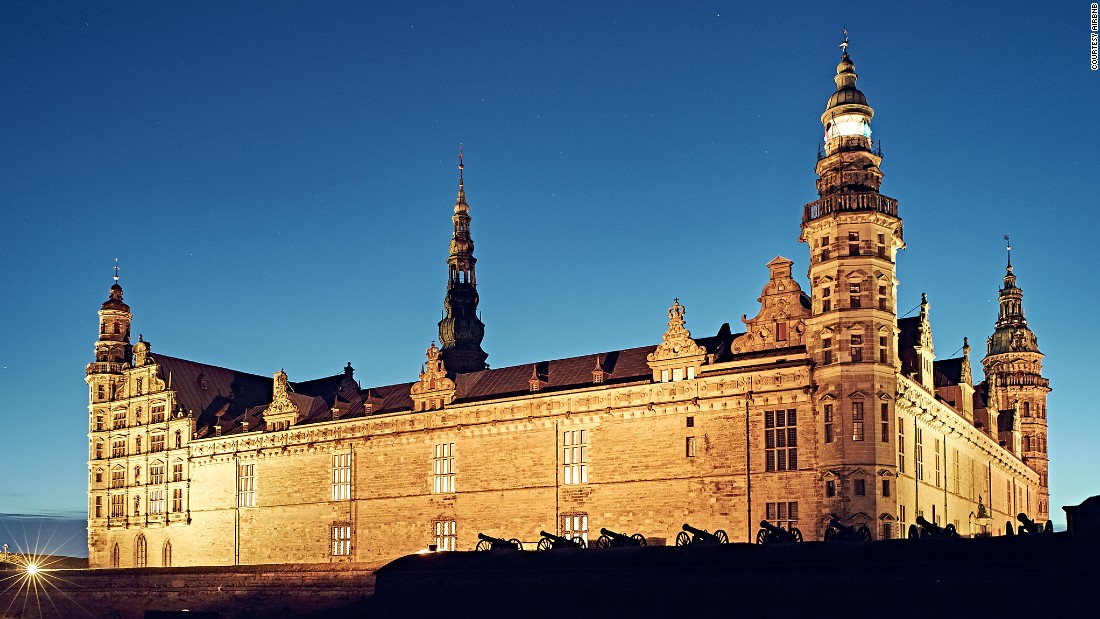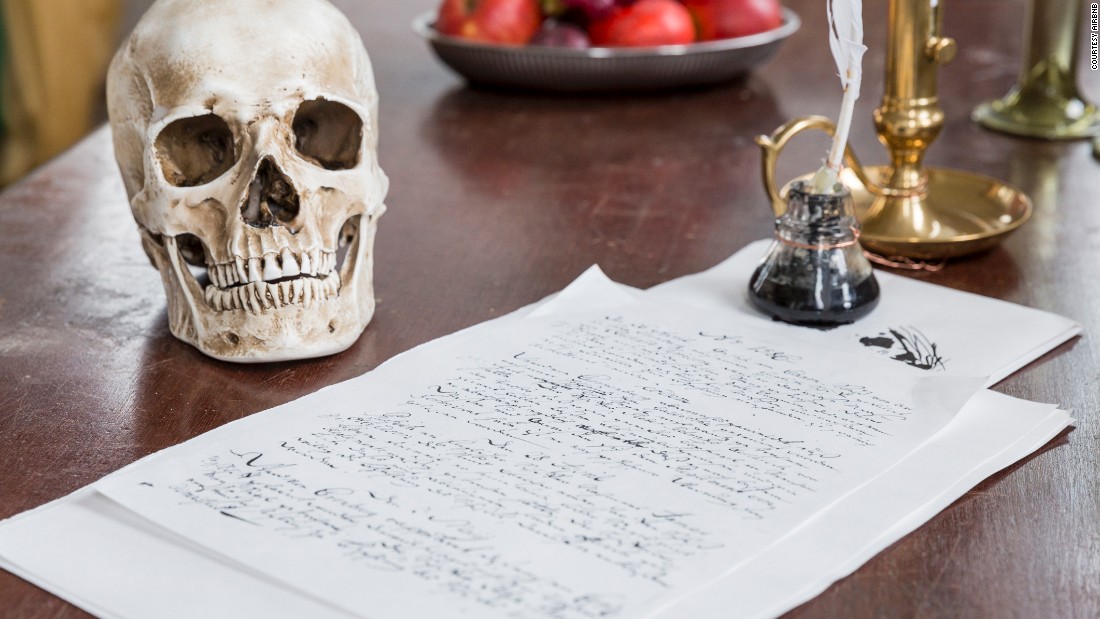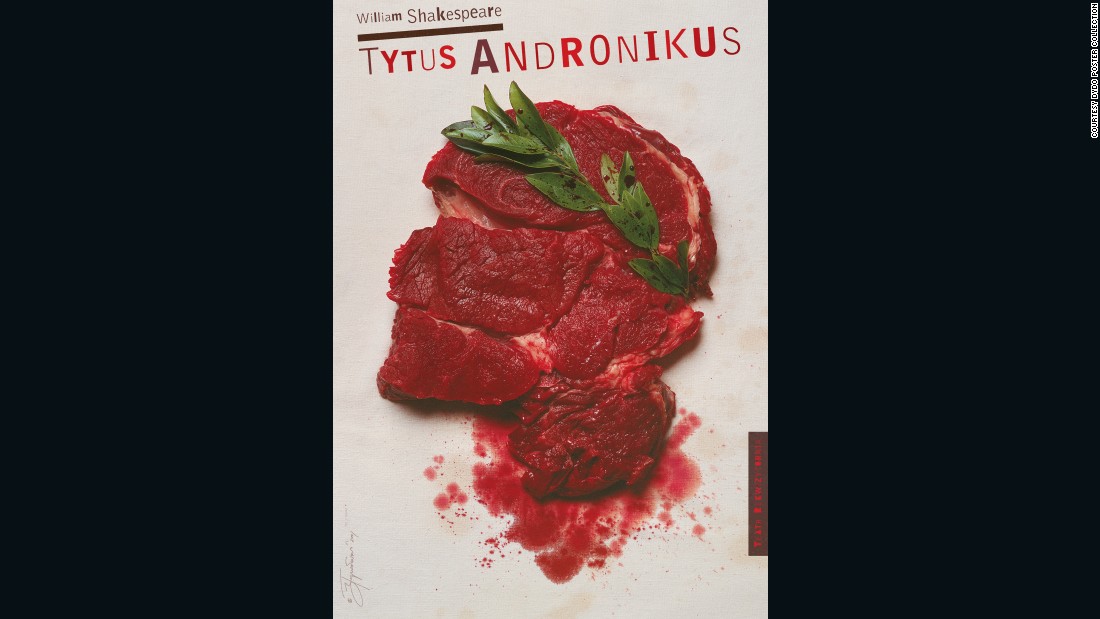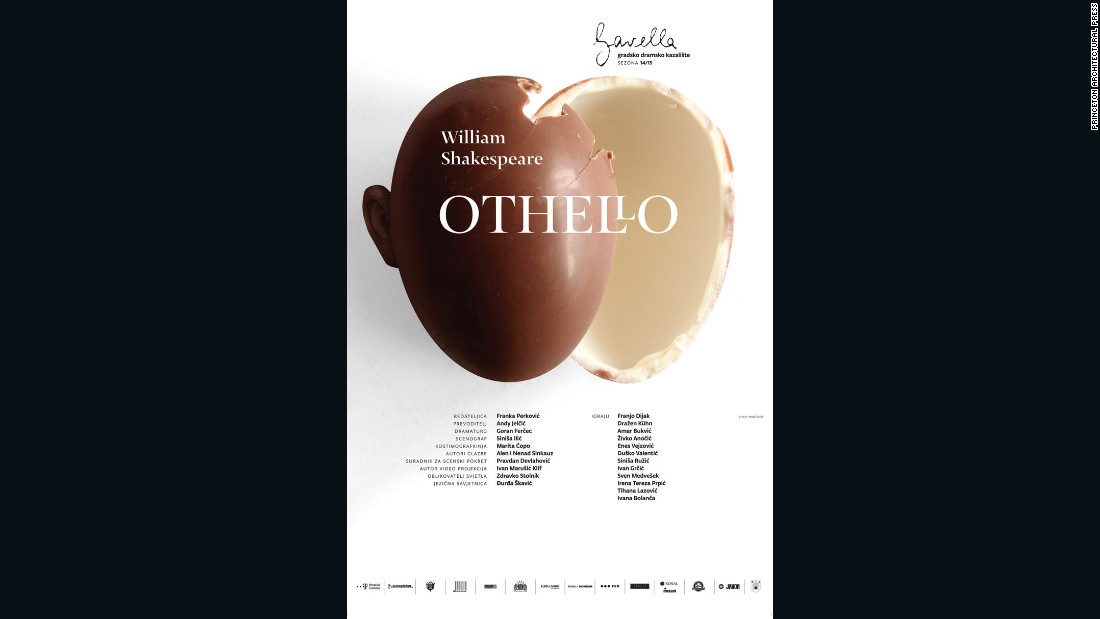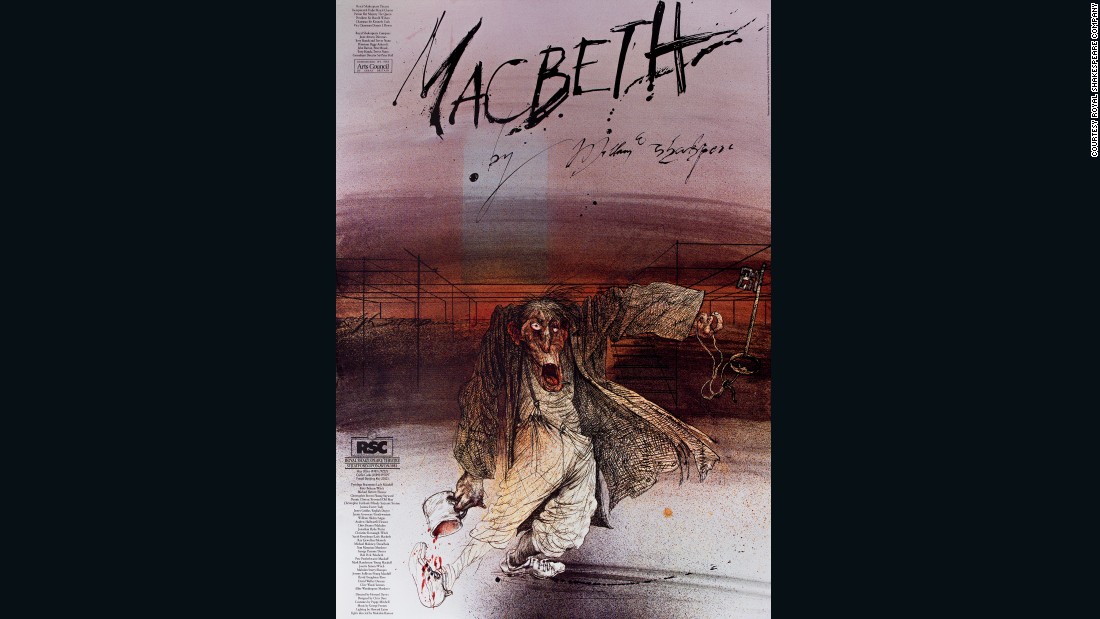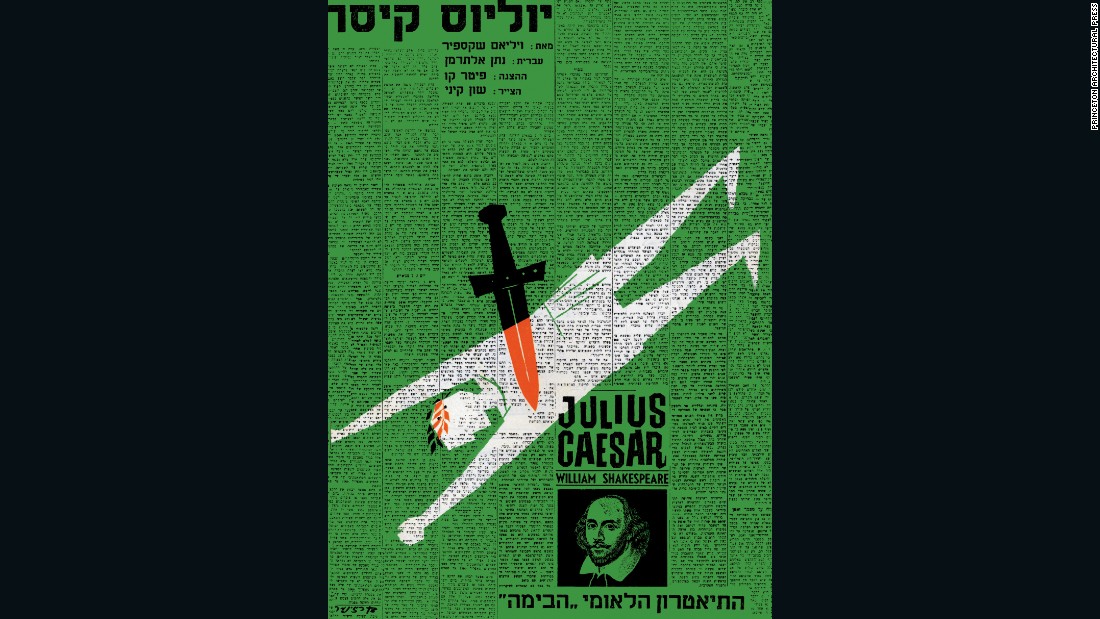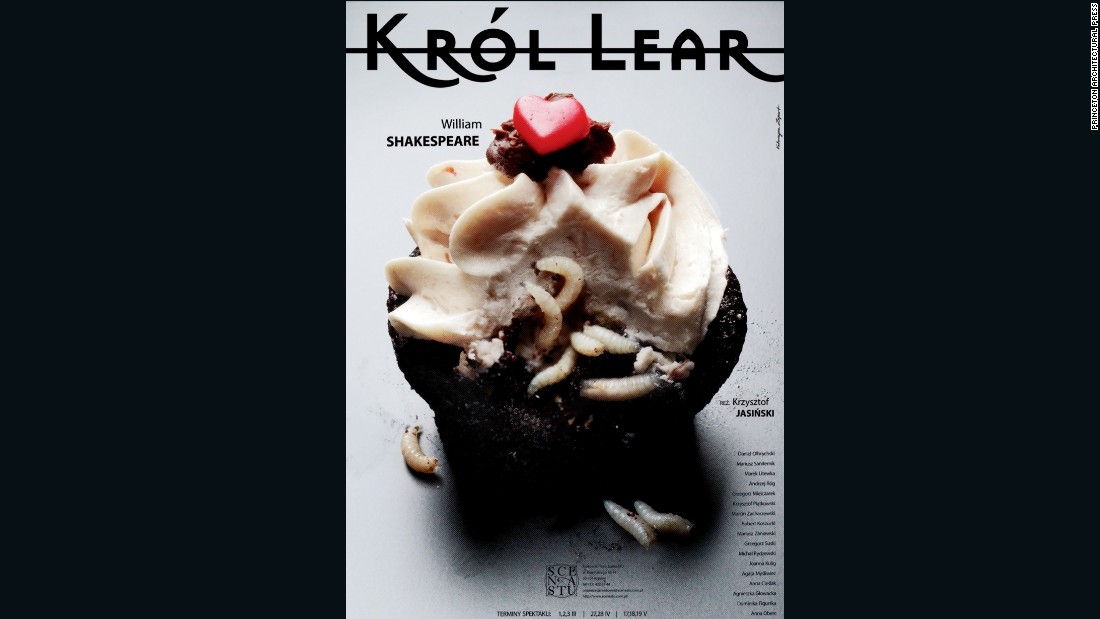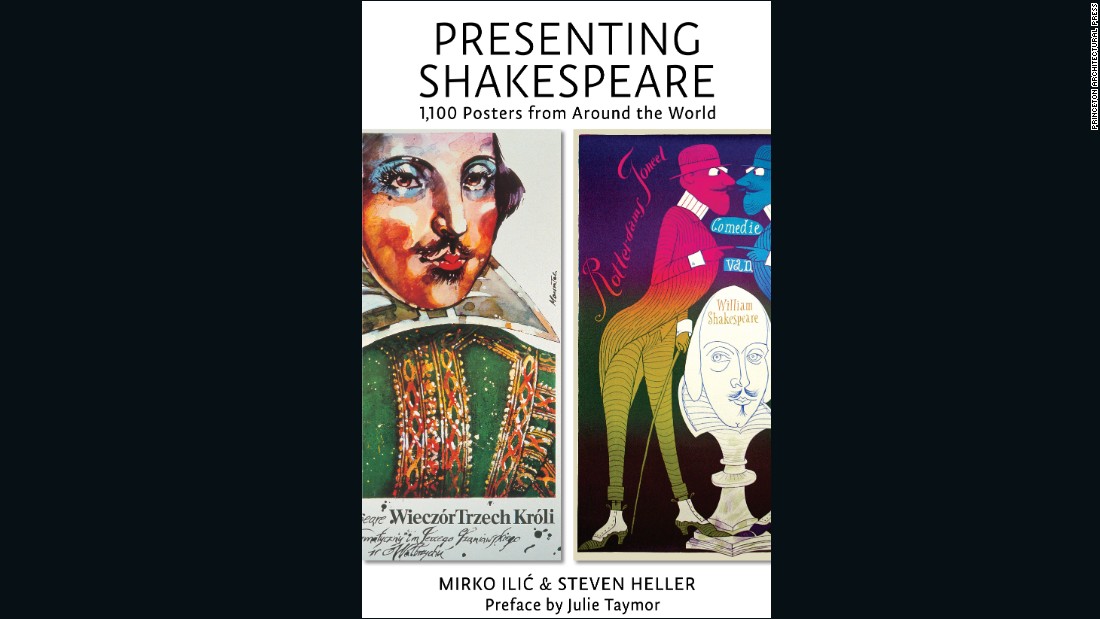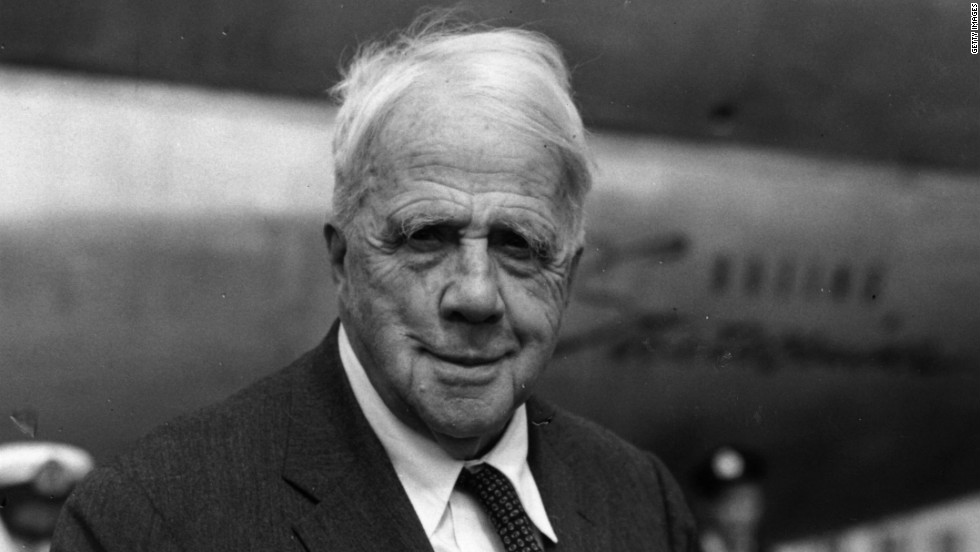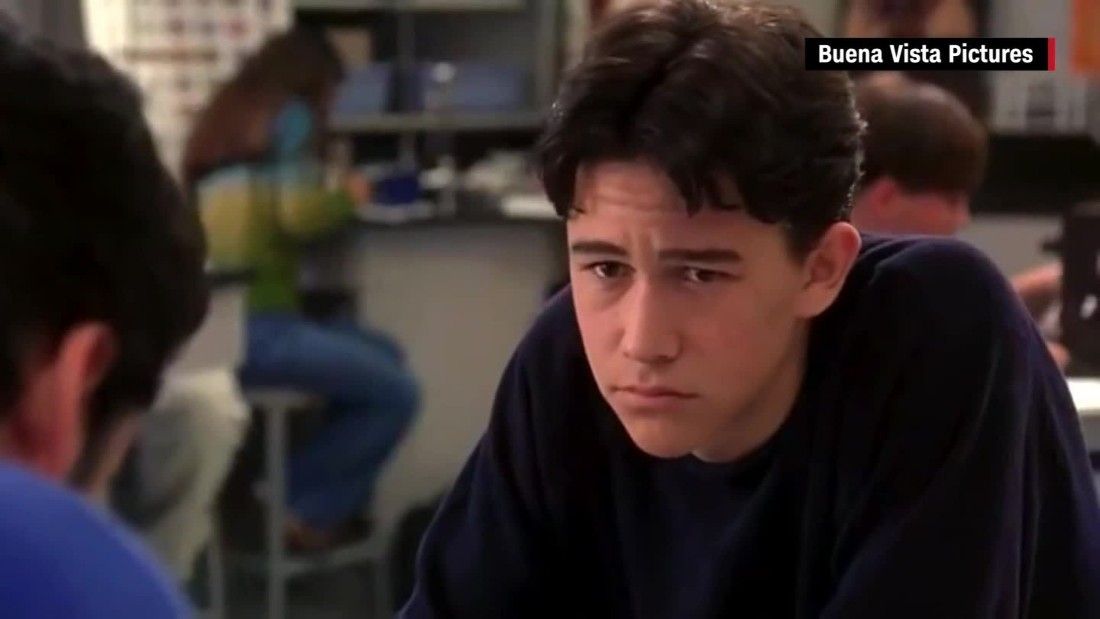
(CNN)Even if you’ve never read one of his plays, you’ll probably have noticed by now that this Saturday marks the 400th anniversary of William Shakespeare’s death.
I fell in love with Shakespeare as a child, first, for the prolific variety of his stories — finish one, and there was always another adventure to read — then, when I was older, with the beauty of his language.
3. The flawed hero: Coriolanus
Recently played by both Tom Hiddleston and Ralph Fiennes (check out the latter on film), Coriolanus is the embodiment of traditional masculinity. Which is why he destroys his family and the city he loves. Sworn to the earthy virtues of the battlefield, he tragically fails to adapt to the more sophisticated politics of Rome.
4. The fool: Feste in “Twelfth Night”
Ten times as educated as the aristocrats he entertains, Feste is one of Shakespeare’s wittier clowns. As he puts it, “Better a witty fool than a foolish wit.”
Four great introductions to Shakespeare:
4. “Romeo + Juliet” (1996) film by Baz Lurhmann
Chances are you’ve already seen it but if not, you’re missing out. Lurhman turned a generation on to Shakespeare with this modern Miami update, even while maintaining Shakespeare’s unique language.
3. “
Dream: A Play for the Nation,” a Royal Shakespeare Company production now touring the United Kingdom nationwide
Erica Whyman’s update on “A Midsummer Night’s Dream” is a demographically diverse celebration of modern Britain. But it’s still true to the joyous energy of the original.
2. “Shakespeare’s Language” (Penguin, 2000), literary introduction by Sir Frank Kermode
For a more committed reader, this is an erudite crash-course in Shakespeare’s words.
If you want to get your kids into Shakespeare, find them a copy of Leon Garfield’s “
Shakespeare Stories.” Unlike most children’s books based on the plays, Garfield’s versions all maintain much of Shakespeare’s original language, weaving his metaphors into the thoughts of his characters. The series was also filmed as 12 30-minute plays, under the name “The Animated Tales.”
****************
And finally, four people who weren’t William Shakespeare
1. The Earl of Oxford (Dissolute aristocrat)
2. Francis Bacon (Brilliant scientist and court intriguer)
3. The Earl of Southampton (Shakespeare’s patron)
4. Elizabeth I (Queen of England)
If anyone tells you that there’s little evidence to prove that William Shakespeare of Stratford wrote his own plays, it’s a myth. If you’re in London, check out
King’s College London’s superb exhibition “by me, William Shakespeare” to see the court documents and performance records for Shakespeare’s personal role in the life of his theater.
Most conspiracy theories about Shakespeare insist that the true author was a secret nobleman, which suggests a residual snobbery about the idea of any genius emerging from Warwickshire grammar school boy. (No surprise that one of the leading proponents of the “Oxford” theory
is the son of the current Duke of St. Albans, who claims his ancestor really wrote the plays). For a great overview of the authorship controversy, and the cultural assumptions behind it, check out James Shapiro’s “
Contested Will: Who Wrote Shakespeare?”
Of course, it doesn’t really matter who wrote these plays — we should be celebrating the fact that they exist at all. But one of the many remarkable things about Shakespeare is how defined by place and time he seems — using Warwickshire slang in “A Midsummer Night’s Dream,” discussing 16th century theology in Hamlet — even while he speaks to universal longings.
His rival, Ben Jonson, called him “the soul of the age,” but in the same poem, he calls him: “not of an age, but for all time!” Which is it? Pick up a play, and find out.
Read more: http://www.cnn.com/2016/04/22/opinions/400-years-after-shakespeare-maltby/index.html


